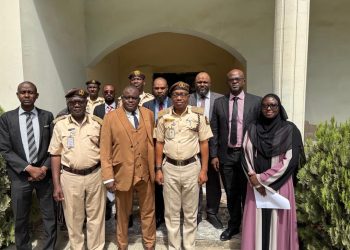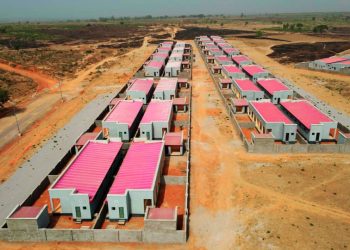By Nkechi Eze
The Bureau of Public Procurement (BPP) has come under intense scrutiny for launching a National Procurement Certification Project in collaboration with the Chartered Institute of Procurement and Supply (CIPS-UK) and support from the World Bank. Critics argue that this initiative is in direct conflict with the Public Procurement Act 2007 and the Chartered Institute of Purchasing and Supply Management of Nigeria (CIPSMN) Act.
According to the CIPSMN Act, the institute is responsible for regulating the training, certification, and professional practice of procurement and supply management in Nigeria. The Act specifically states that only CIPSMN can certify procurement professionals, and any individual practicing without registration with the institute is guilty of an offense. Sections 11(8) and (9) of the CIPSMN Act emphasize that purchasing and supply professionals from abroad who reside in Nigeria must seek registration with the institute to practice, and only members of the institute are qualified to head procurement and supply chain management in any organization.
The BPP’s certification program is seen as an overstep of its mandate and a violation of Nigerian laws. Critics argue that the BPP has abandoned its statutory oversight and regulatory roles of procurement processes and is instead focusing on recruitment, training, and certification of procurement practitioners. This move is perceived as undermining the role of CIPSMN and potentially leading to indirect colonization of Nigeria’s procurement space.
The Public Procurement Act 2007 establishes the BPP and outlines its objectives and functions, including harmonizing government policies and practices on public procurement, setting standards, and building professional capacity. However, nowhere in the Act is the BPP empowered to certify procurement practitioners for professional practice. The BPP’s actions have raised questions about its accountability and adherence to the rule of law, particularly given the absence of a National Council on Public Procurement to superintend over its activities.
Critics have pointed out that the BPP’s collaboration with CIPS-UK and the World Bank may be part of a broader strategy to promote foreign interests in Nigeria’s procurement sector. The launch of the National Procurement Certification Project has sparked concerns about regulatory sovereignty, institutional roles, and international collaboration in procurement practices.
Stakeholders have called for the BPP to respect the laws of the land and work with CIPSMN to regulate the procurement profession in Nigeria. They argue that allowing the BPP to certify procurement practitioners would create a conflict of interest and undermine the authority of CIPSMN. The outcome of this controversy will have significant implications for the development of procurement practices in Nigeria and the role of institutions in regulating the profession.














